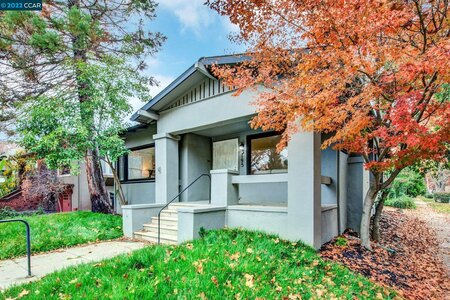Petition Text
Pedestrian-friendly, mixed-use (offices & commerce among residences) is the traditional pattern of city development, and people actually pay premiums to live there. Such development cuts vehicle miles traveled (VMT) roughly in half, yet sprawl is what most contemporary cities build, by default. Any pre-1950 neighborhood is typically mixed-use, mixed-income, and pedestrian-friendly. Our region's (Sacramento's) most valuable real estate is pedestrian-friendly, mixed-income, mixed-use.
Sprawl
- Requires every significant trip to be in an auto.
- Is a regressive tax, requiring every driving-age adult to own and maintain a car.
- Makes economically-viable transit impossible
- Builds walking out of daily life--not something needed in a country suffering from an epidemic of diseases that diminish with even short daily walks. Obesity, diabetes, and heart and artery conditions profit from exercise.
- Outlying development (i.e. sprawl) lengthens commutes, contributing to global warming.
- Outlying development also roughly doubles infrastructure maintenance costs.
Local and state governments could stop approving sprawl in their zoning decisions. The federal government could change the FNMA underwriting guidelines that influence mortgages to demand new buildings conform to these traditional design standards.
Why is this important?
This is a forward-looking proposal that would make new developments contribute to the communities where they are proposed. Sprawl, on the other hand, is a financial and health burden to its inhabitants.

